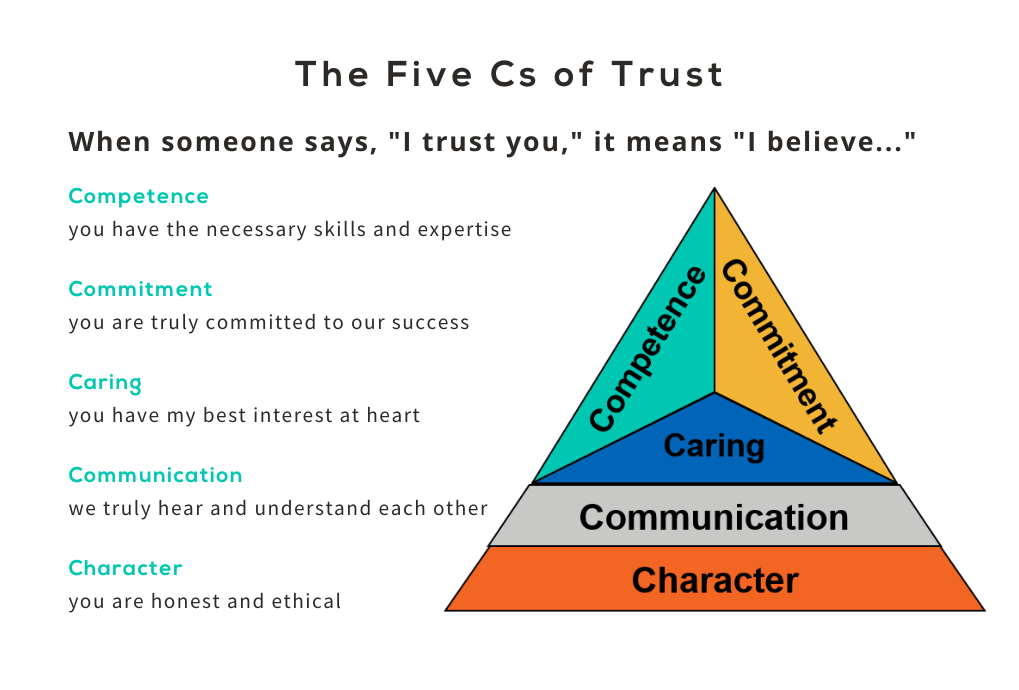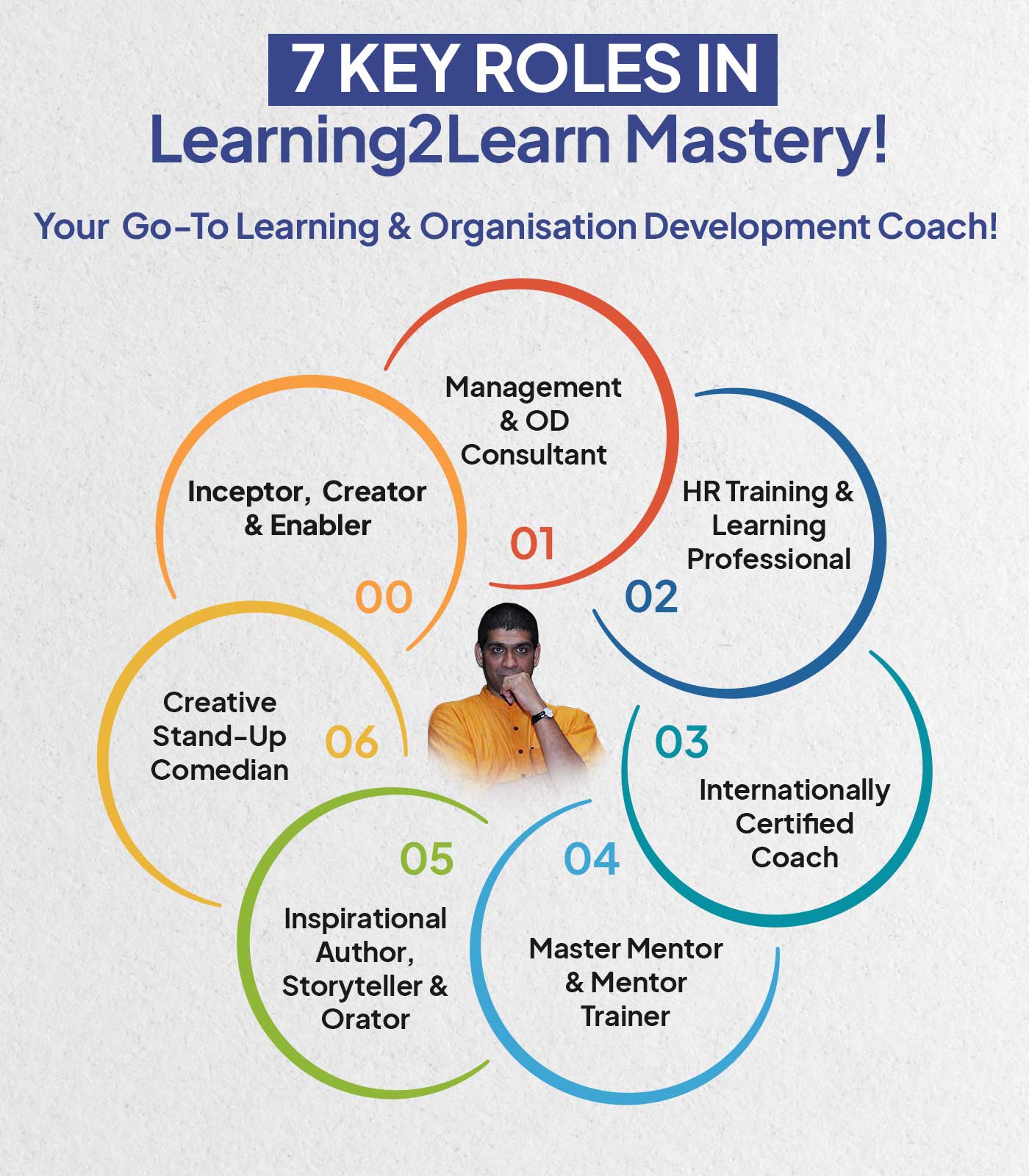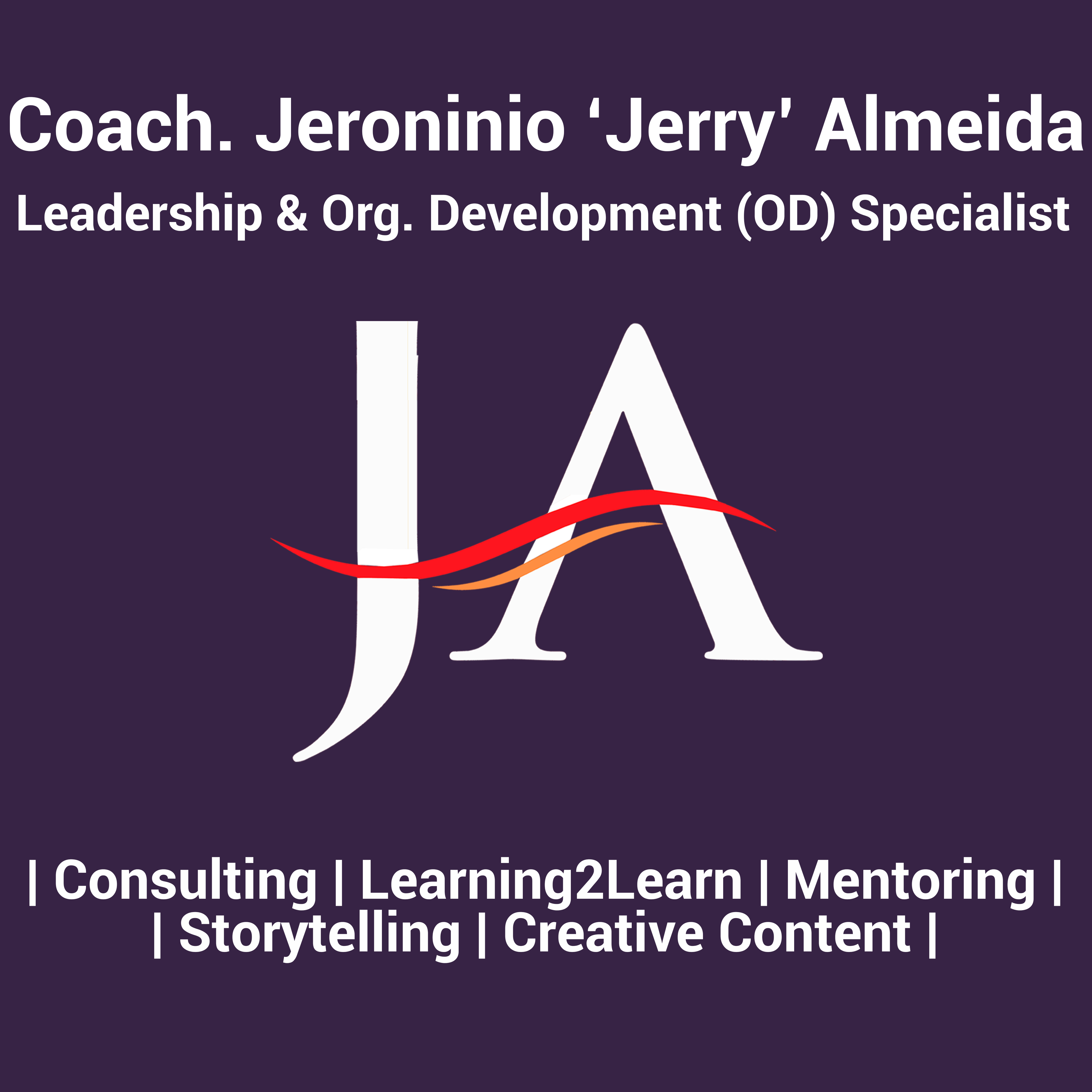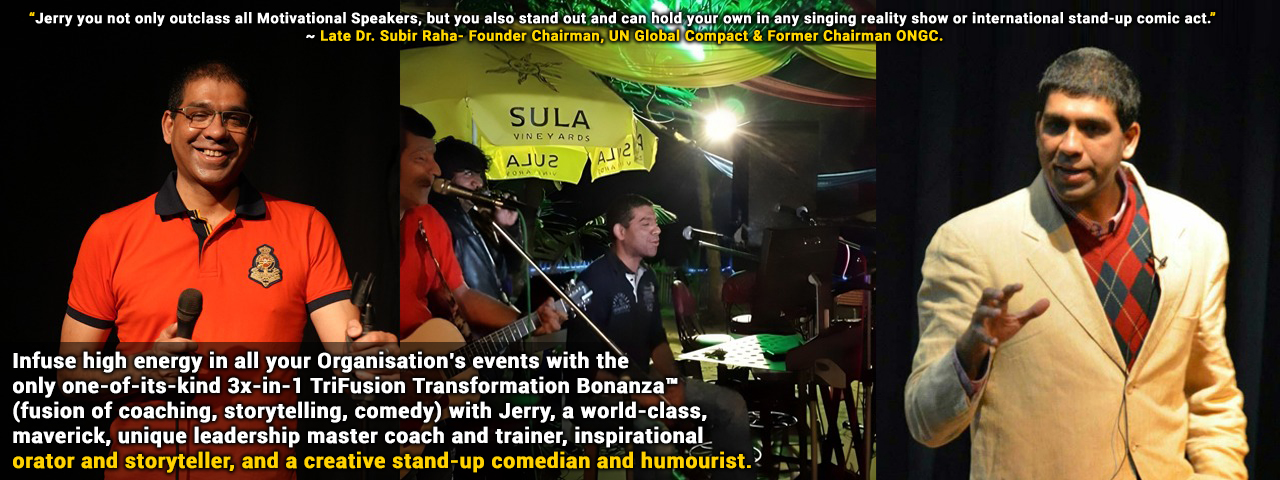Jerry’s Keynote sessions
Trust your most powerful TOOL in your toolkit as a leader – Building elite teams—whether special forces, sports, emergency responders, NGOs in conflict zones, or even resilient families—share one defining trait: RELATIONSHIPS OF TRUST. This quality fosters mutual respect, empathy, and a relentless focus on outcomes with ROA (Responsibility, Ownership & Accountability.) In contrast, organizations and teams that lack this culture and cutting-edge chemistry often devolve into bureaucracies where GAMES PEOPLE PLAY to protect individual interests and follow processes override cool collaboration and great results. This session delves into the anatomy of elite teams and the PIT-CREW mindset—how they form, build trust, communicate, and sustain camaraderie. It uncovers the key rituals and practices that inspire individuals to prioritize the team’s mission over personal glory.

The Oratory & Objective- As teams expand across geographies and cultures, trust is often the first casualty. Research shows that a significant portion of leadership energy is wasted on "status management"—protecting turf, titles, and influence—rather than advancing the shared mission. While this may be manageable in low-innovation environments, organizations in the knowledge economy or those aspiring to industry leadership cannot afford it. For them, creating psychological safety and cultivating Speed of Trust is existential. It minimizes friction, unlocks innovation, and empowers bold thinking—even within real-world constraints.
Desired Outcome for Participants- This is not just a skill-building session—it is a mindset transformation. Participants embark on a journey of self-awareness and change, understanding how trust accelerates both personal and organizational success. Through real-life case studies and actionable strategies, they learn how to nurture trust, enhance team velocity, and build a culture of shared accountability—starting right where they are, with the resources they have.













